Muslim Vote campaign politically soul-searching amid rifts, ALP infiltration
The fledgling Muslim Vote campaign risks an aborted take off, with divisions widening within the group amid delays in locking in candidates and an infiltration of ALP operatives.
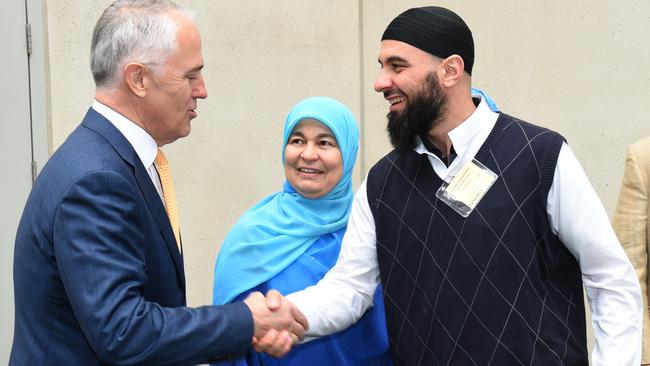
The fledgling Muslim Vote campaign risks “imploding”, with divisions widening within the group and among the community amid delays in locking in candidates and claims of infiltration by ALP operatives.
Community leaders have said the group had “bitten off more than it could chew”, and Canberra sources have described its leaders as “passionate” but “politically naive”, destined to lose against Labor incumbents without a change of tack.
Other top Muslim leaders have said while the campaign was “fumbling” and its political strength “overplayed”, “cooler heads” had emerged and discussions were changing on what strategy was best ahead of an election.
They said the community was in a “lose-lose” situation and The Muslim Vote’s existence showed it was formally engaging in democracy.
Sheikh Wesam Charkawi, who established and has led the movement since December, said in the week of senator Fatima Payman’s resignation to expect candidates in “days”. The campaign, however, has struggled to tie down those it would endorse in its prized targets of Blaxland and Watson, asking supporters on Monday to refill candidacy forms to help the process.
Prominent Muslim community figures, speaking on the condition of anonymity, said the group’s propulsion into the public eye during Senator Payman’s resignation had ramped up the pressure, but candidates were unlikely to be high profile.
“It is likely to be someone no one has heard of,” one said.
“The feeling right now is that it’s imploding.”
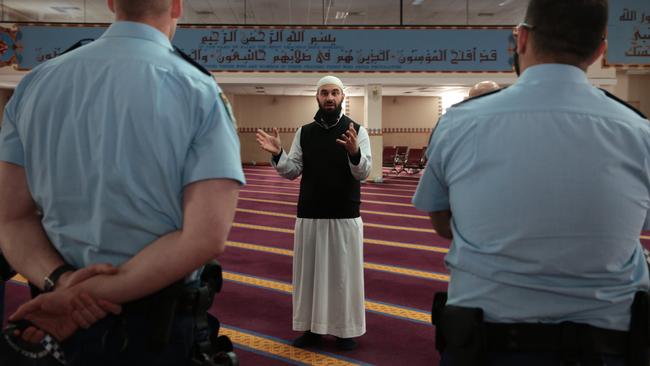
A sticking point has been its preference for running independent candidates, which is in contrast to its British counterparts and the other main Australian group, Muslim Votes Matter.
The UK Muslim Vote was not as centralised and endorsed candidates that were either from an established party or born from localised movements, while the less Sydney-orientated Muslim Votes Matter is providing only how to vote instructions, and tensions exist as to the best approach.
Prominent community figures were also puzzled at the revelation that Mouhammed Kanan was the director of the campaign’s business arm, given many had no idea who he was.
“No one had any clue about him,” one said.
No formal Muslim group has endorsed or played a role within the movement, and The Australian understands that there are concerns as to the best way electorally to advocate for Palestine and any potential damage to longstanding political relationships.
Sources alleged that The Muslim Vote has also inadvertently welcomed into the fold “ALP spies”, local card-carrying activists who had filtered updates back to HQ during Senator Payman’s suspension and resignation.
It was partly how the Albanese government was able to brief journalists on the role of “preference whisperer” Glenn Druery and quickly spin that Senator Payman’s exit had long been orchestrated, allegedly with The Muslim Vote’s involvement.
“(The Muslim Vote) came together so fast, how could they vet everyone,” one person reflected, admitting it was “politically naive” to call for candidates as Senator Payman was suspended, giving the government further fuel.
“You can’t take on the ALP like this, you’ll lose.”
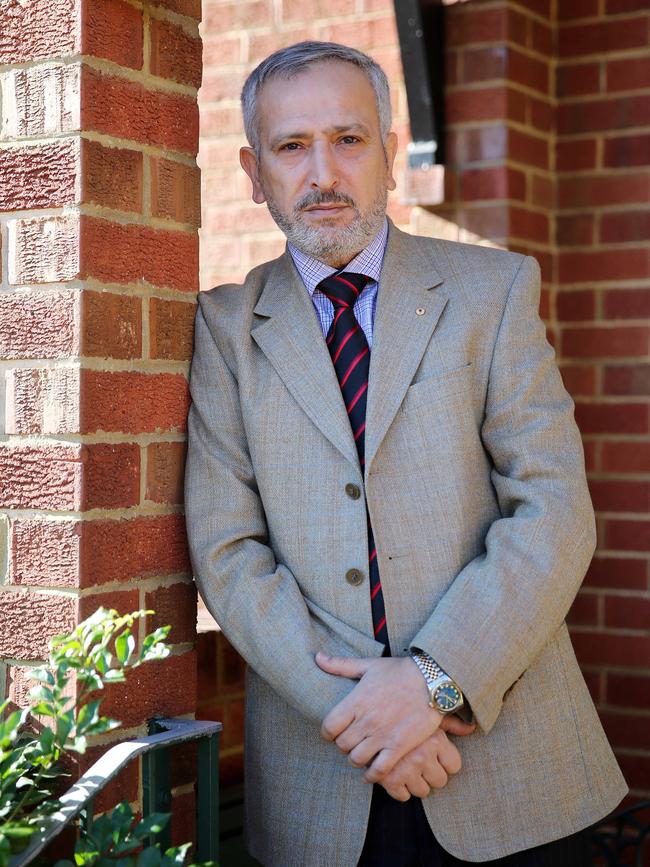
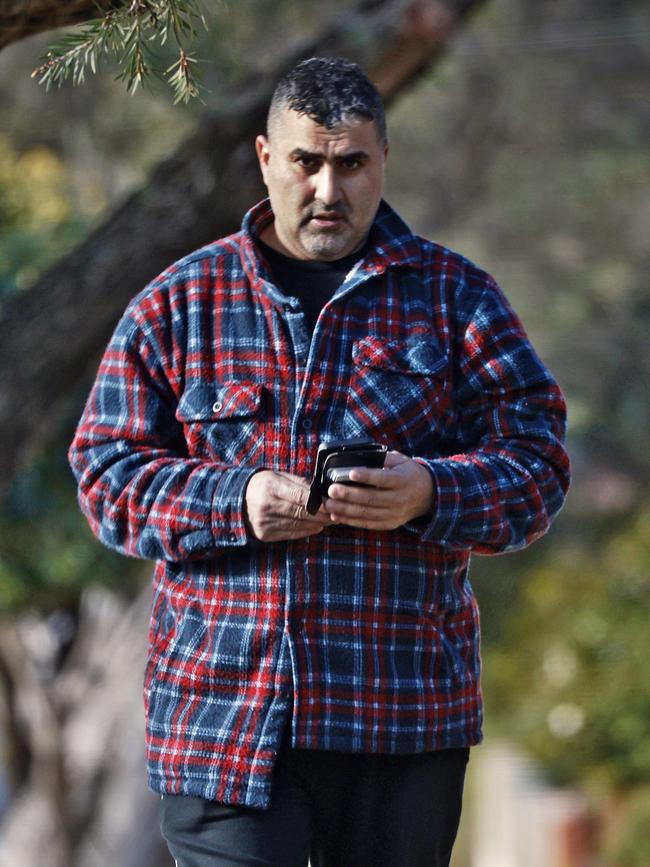
Community leader Jamal Rifi has been an outspoken voice against the movement, saying a religion-specific movement of any faith was not conducive to modern Australian society. He feared The Muslim Vote’s approach risked hurting the community’s pro-Palestine voices and supporters within the ALP.
“It won’t benefit the community, or Palestine or constituents,” Dr Rifi said, saying there was a diminishing appetite for The Muslim Vote’s strategy. “It will only cause a rift with our major supporters within the Labor Party.”
Liverpool councillor and Australian Islamic House co-founder Mazhar Hadid said it was important to acknowledge that it was bringing unique perspectives to the table, but that he was against any form of directive that instructed people to vote on religious lines.
The Muslim Vote, which was contacted, said on Monday that it sought to “educate and mobilise” the community to “vote as one bloc”, saying that Palestine and local issues would be campaign tenets.
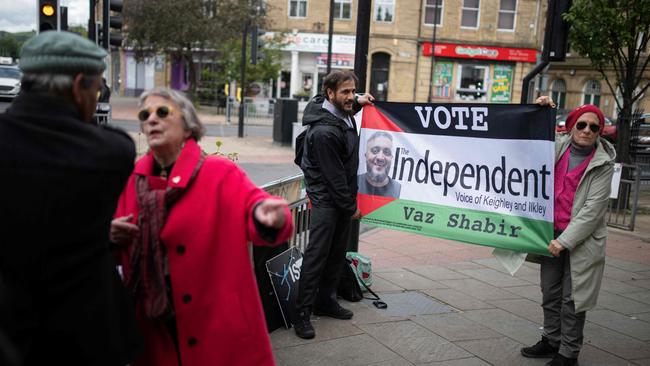
One prominent Muslim leader, speaking on the condition of anonymity, said that they didn’t think a teal-like campaign would succeed but that “cooler heads” were “starting to emerge” within the campaign.
“There’s more clarity (than the week of Senator Payman’s resignation) and there’s questions about what (The Muslim Vote) should look like and seek to achieve,” this leader said.
They said that parts of the community were angry and frustrated with Labor, which had been brought into laser focus, but that the strength of Sheikh Charkawi’s movement may have been overplayed.
“It was blown out of proportion,” they said.
“The sheikh is very accomplished and respected in his own right, but entering into politics is a different game.”
The fact the community was, however, engaging with the democratic process was being overlooked, with Muslim leaders saying that in the eyes of the political class they were in a “lose-lose situation”.
“Whether (The Muslim Vote’s) strategy or not has value, the engagement has value,” one said, adding that while it was “fumbling” it was still engaging.
“If the community doesn’t take part it’s called isolationist; when it does it’s criticised.”




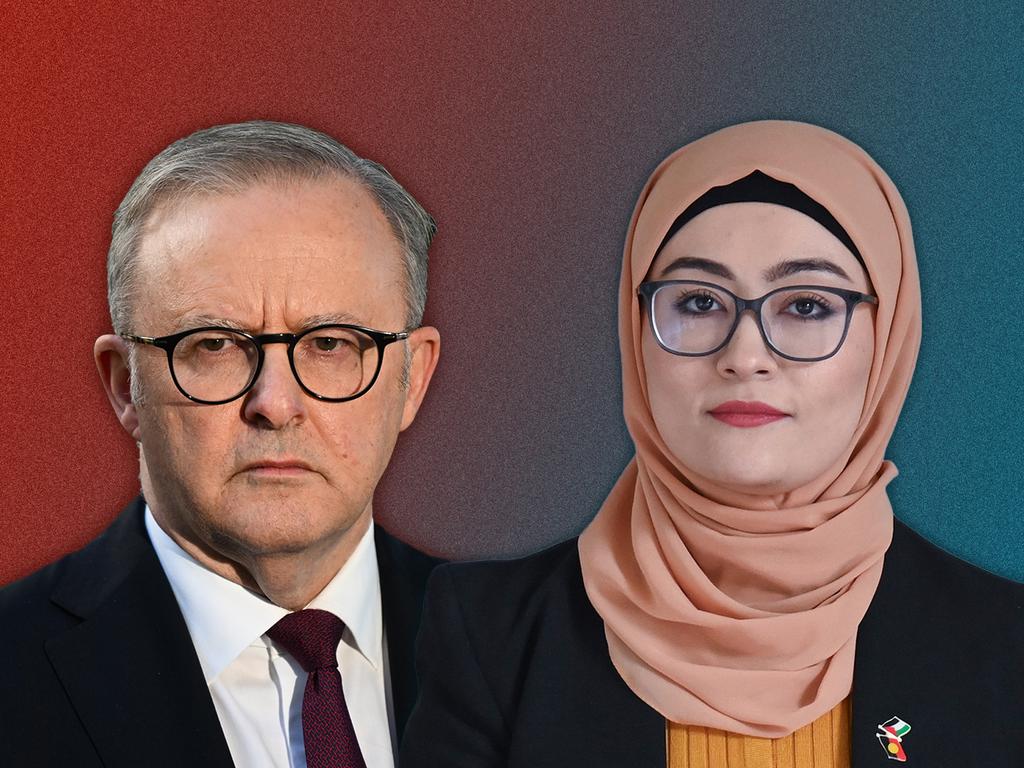
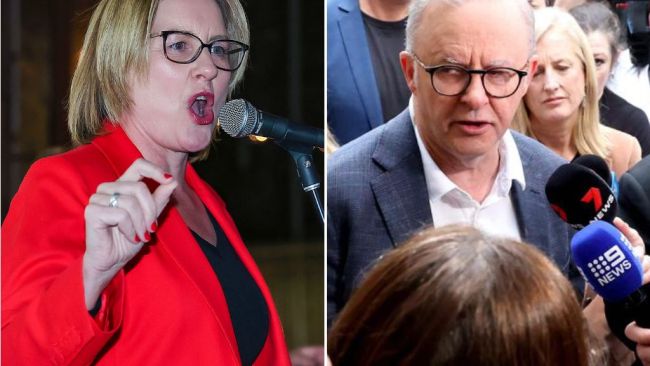
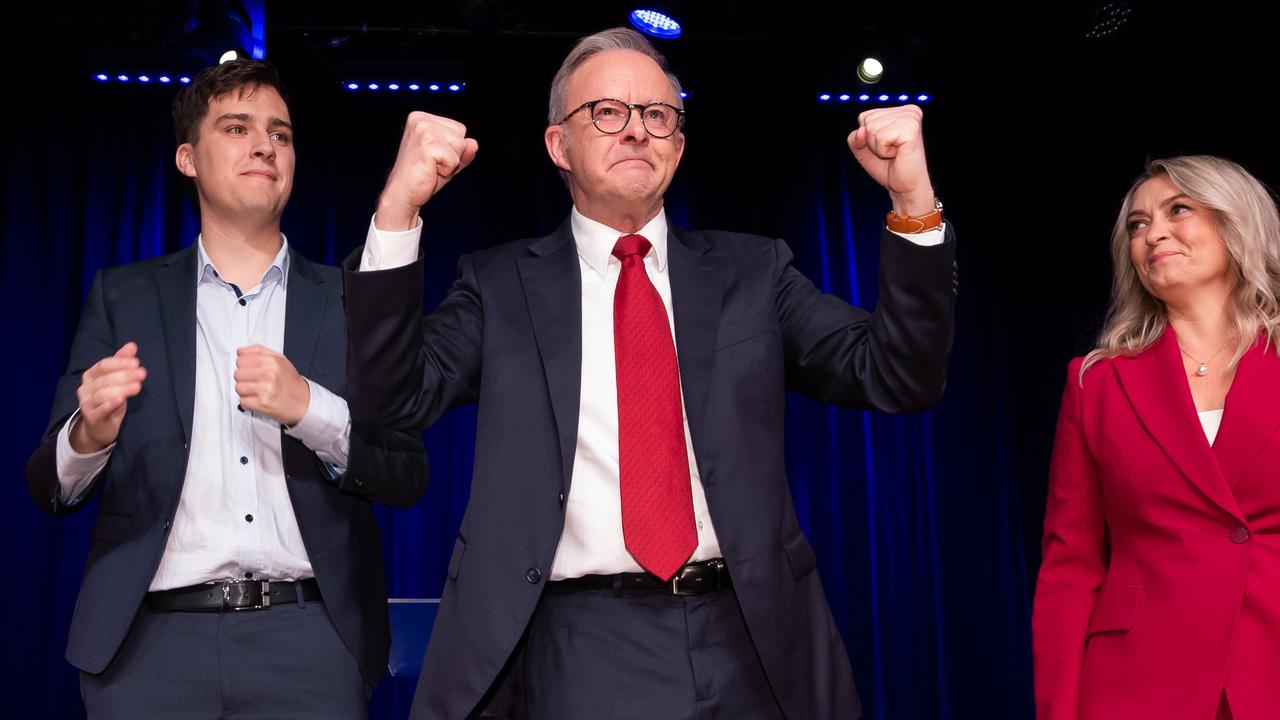
To join the conversation, please log in. Don't have an account? Register
Join the conversation, you are commenting as Logout